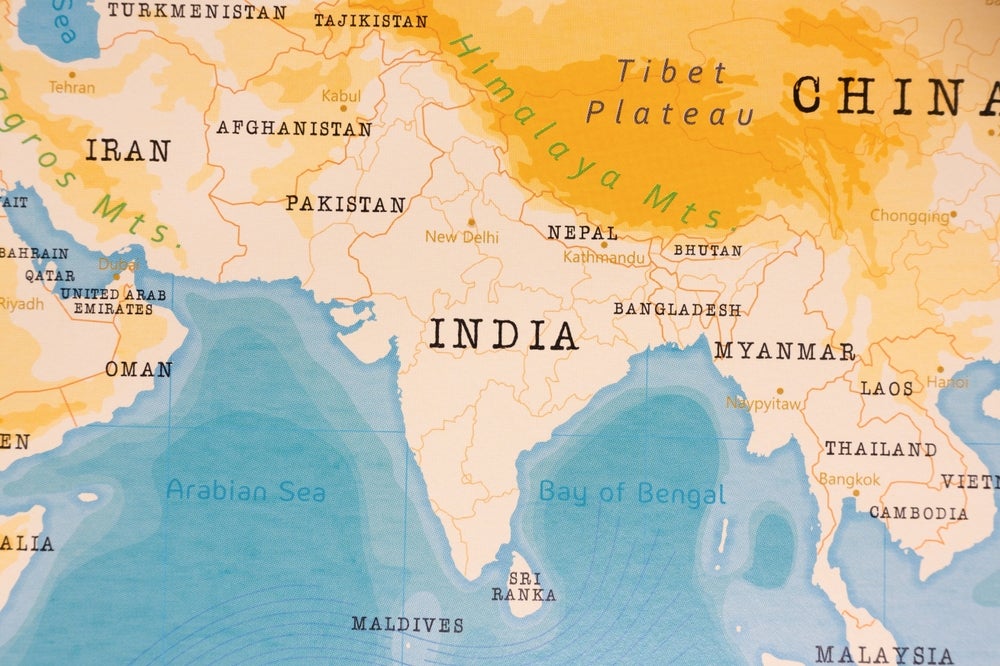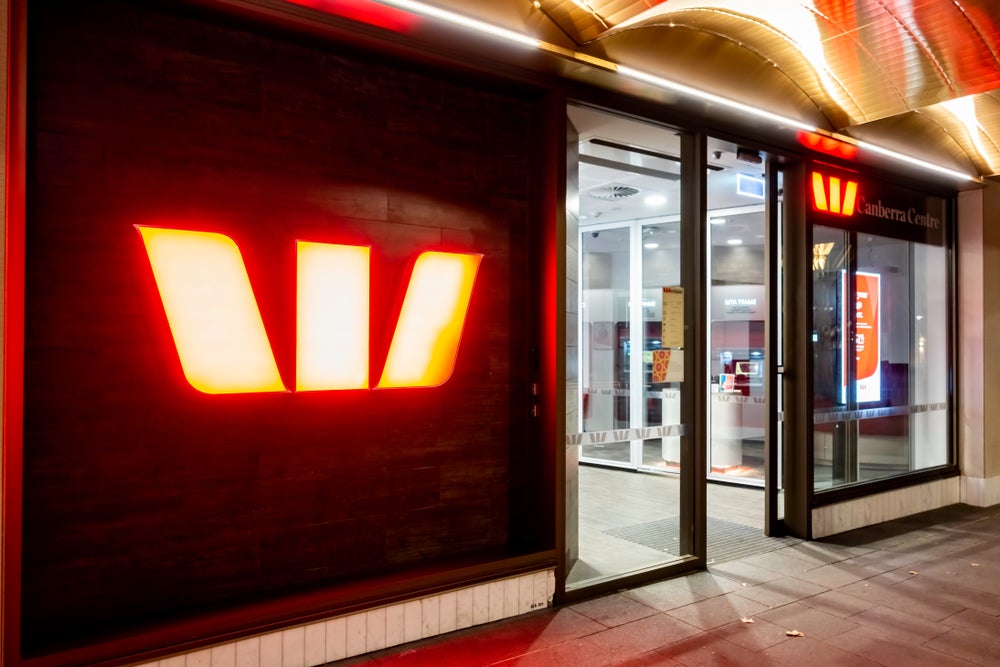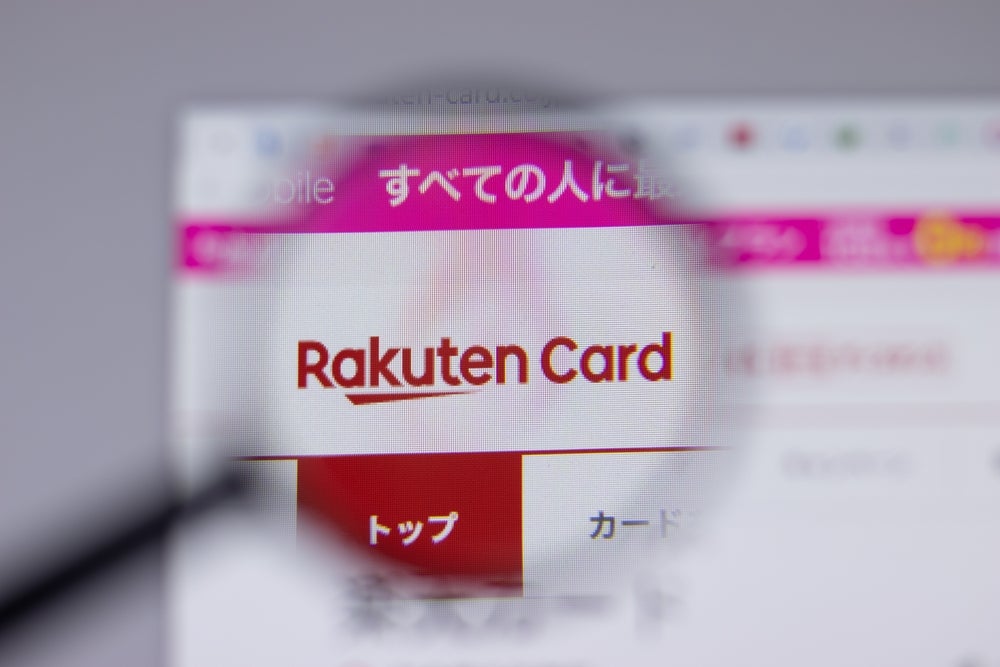(RBS) is withering under an onslaught of negative publicity in its
home UK market, and questions have been asked about its business
strategy going forward, particularly in the emerging markets where
for the past few years RBS has been engaged in an aggressive
expansion campaign.
 The need to preserve
The need to preserve
capital at home has led to speculation RBS will now retreat from
the international arena in order to concentrate on its core
domestic market and business operations – this may take the form of
business divestitures or the abandoning of partnerships formed
outside the UK.
But in the cards arena at least, RBS looks to be committed to
staying the course in the Asia-Pacific region for the long term
with the announcement that it has selected European smart card
manufacturer Gemalto to carry out the migration from magnetic
stripe credit cards to the EMV standard across three markets:
Indonesia, Taiwan and India.
Indonesian fraud a driver
RBS initiated the first phase of the EMV roll-out in Indonesia
in October 2008, with Gemalto providing personalisation services
and project management.
Indonesia was chosen as the launchpad for the roll-out as RBS
has the largest local network in Indonesia of any foreign bank
present, with 20 branches in 10 cities, and partly because
Indonesia’s fraud rate, although declining, still surpasses those
of India and Taiwan.
How well do you really know your competitors?
Access the most comprehensive Company Profiles on the market, powered by GlobalData. Save hours of research. Gain competitive edge.

Thank you!
Your download email will arrive shortly
Not ready to buy yet? Download a free sample
We are confident about the unique quality of our Company Profiles. However, we want you to make the most beneficial decision for your business, so we offer a free sample that you can download by submitting the below form
By GlobalDataThe project implementation took just three months compared to an
Asia-Pacific industry average of five to six months, generating
much-needed operational savings for RBS.
Dessy Masri, head of consumer finance at RBS Indonesia, said:
“We are extremely pleased that our re-carding process in Indonesia
took a much shorter time than expected, so we are able to start the
roll-out of the cards to our customers sooner, giving them more
convenience and security.”
According to the Indonesian Credit Card Association, credit card
fraud in the country amounted to IDR35 billion ($2.97 billion) in
2007, and the country’s payment card industry is mindful of recent
high-profile fraud incidents, the most recent of which occurred in
early 2008, involving around 7,000 counterfeit credit cards and
stolen cardholder data.
The Indonesian Credit Card Association played down the incident,
saying only minor losses had been recorded so far.
Nonetheless, several credit card issuers have redoubled their
efforts to migrate their card portfolios to the EMV standard, with
most of the country’s debit cards already migrated – just over half
of the 20 credit card issuers in Indonesia have completed the
switch, with several others conducting internal reviews to examine
other ways of fighting credit card fraud.
The country’s central bank, Bank of Indonesia, originally set an
EMV migration mandate for December 2008 but has been forced to
postpone that date on more than one occasion and it is unlikely
that Indonesia will achieve full EMV migration before the end of
2010.
As of the end of 2007, there were 9.2 million credit cards in
issuance in Indonesia, up from 8.21 million at the end of 2006 and
4.1 million in 2002, with total value of credit card transactions
in 2007 rising to IDR72.7 trillion from IDR58.3 trillion in
2006.
According to the Bank of Indonesia, in 2007 credit cards were
one of the fastest-growing consumer credit segments, recording
growth of 19.7 percent in terms of total bank lending. However,
credit cards accounted for only 23 percent of card-based
transaction volume in 2007.







